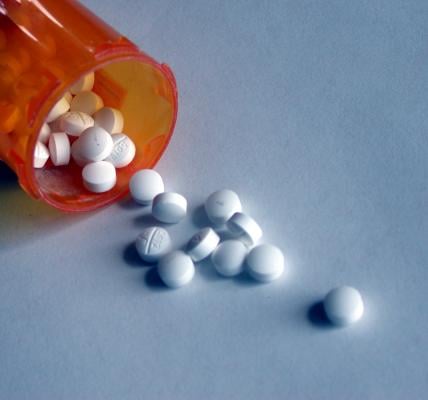
May 18, 2018 — Nearly half of patients prescribed warfarin and just under one third of those using newer direct oral anticoagulants do not maintain adherence above 80 percent. This leads to increased risks for thromboembolic events. This was according to a new study presented at Heart Rhythm 2018, the Heart Rhythm Society’s 39th Annual Scientific Sessions.
Anticoagulation (AC) mitigates risk of thromboembolic events (TE) in patients with non-valvular atrial fibrillation (AF or Afib). Warfarin for decades, and recently direct oral anticoagulants (DOACs — a newer term for novel oral anticoagulants, or NOAC) have been effective. Real-world data have pointed to inconsistent adherence to anticoagulation, but it is not clear if event risk is elevated during gaps or if events occur even during periods of adherence.
The cohort included 52,365 patients prescribed warfarin and 67,686 prescribed any of the four DOACs. Lower adherence occurred in 47% of patients using warfarin and 31% on DOACs. Compared to higher-adherence warfarin, thromboembolic events were 14% less likely for higher-adherence DOAC (P<0.001), 48% more likely for lower-adherence warfarin (P<0.001) and 69% more likely for lower-adherence DOAC (P<0.001).
This observational cohort study evaluated administrative claims for patients in the IBM Watson Health Market Scan databases receiving a prescription of warfarin or a DOAC for anticoagulation for nonvalvular atrial fibrillation (NVAF) from 2015 to 2016. Exclusions were CHA2 DS2-VASc 0-1, transient AF, other requirement for AC, thrombocytopenia and anemia. The remaining patients were stratified based on index prescription (warfarin or DOAC). Outcomes, through December 2016, were hospitalization for TE (ischemic stroke or systemic embolism), hemorrhagic stroke or major bleeding. Event rates are reported for warfarin and DOACs at higher adherence (dosage covering >80% of days) and lower adherence (covering 40-80% of days). A Cox proportional-hazards model will incorporate basic characteristics, comorbidities and a time-dependent covariate for anticoagulation based on prescription dosage to associate adherence to outcomes.
Researchers said they plan to update the abstract with 2017 data and use the time-dependent Cox model to determine if event risk is higher during medication usage or gaps in adherence. Patients with lower adherence may be candidates for device therapies that obviate the need for chronic AC.
The study was presented by Dhanunjaya R. Lakkireddy, M.D., FHRS, from Kansas City Heart Rhythm Institute in Overland Park, Kansas.
Find links to all the Heart Rhythm 2018 Late-breaking Studies
#HRS2018 #HRS18


 August 28, 2023
August 28, 2023 









